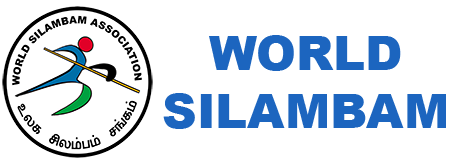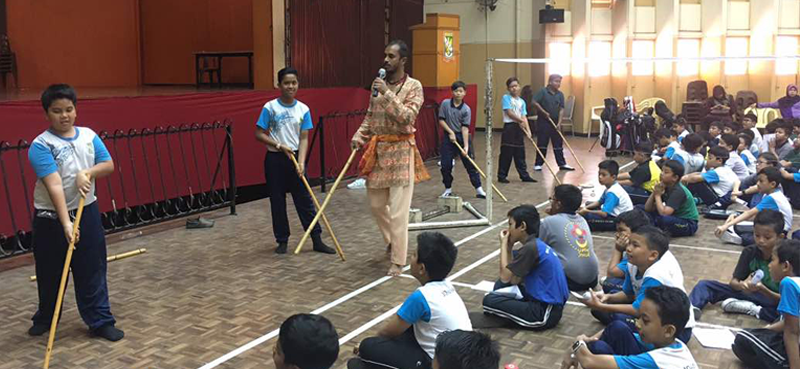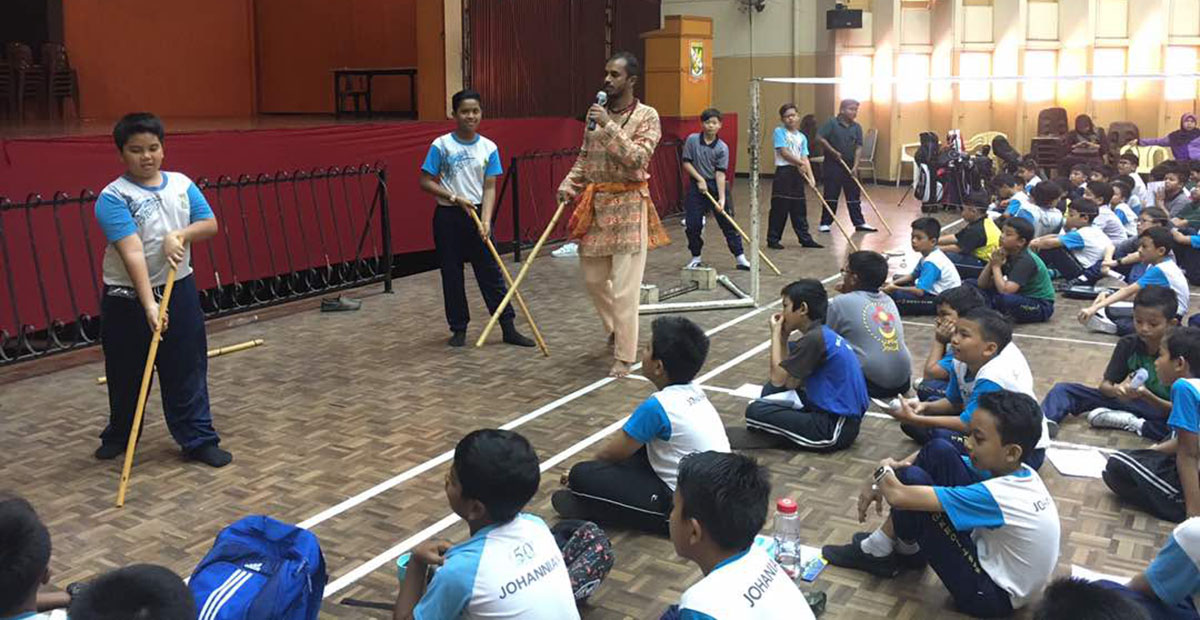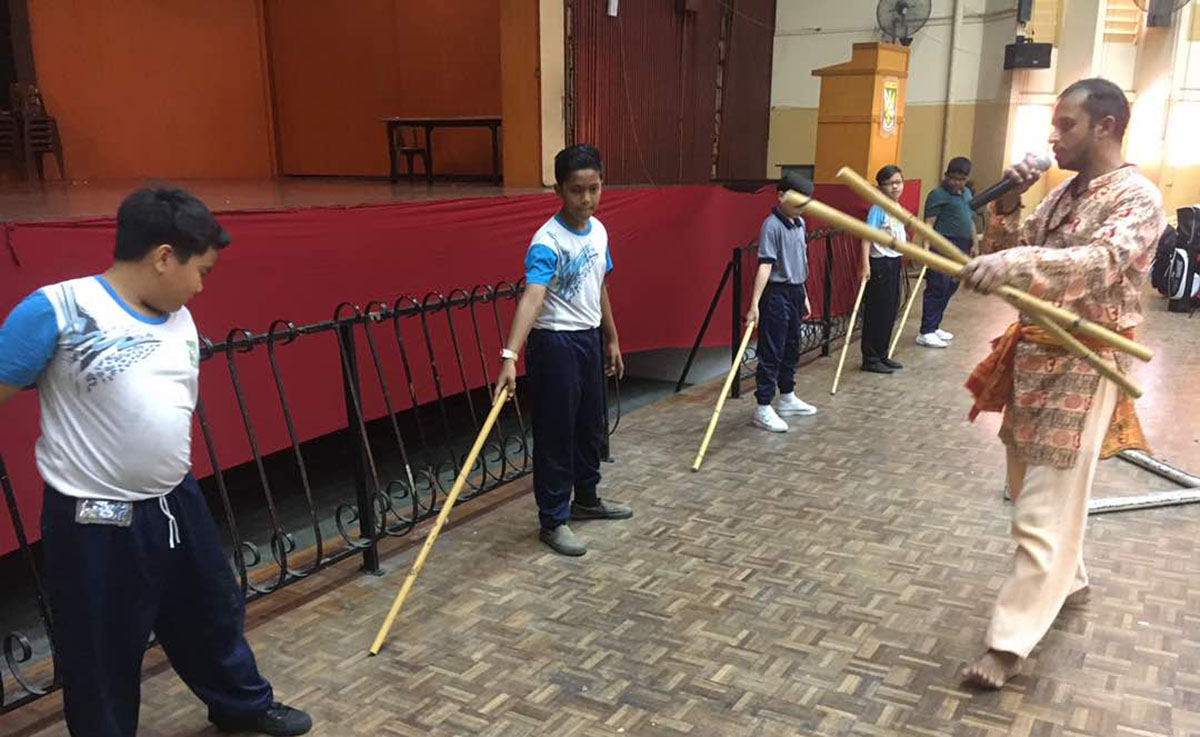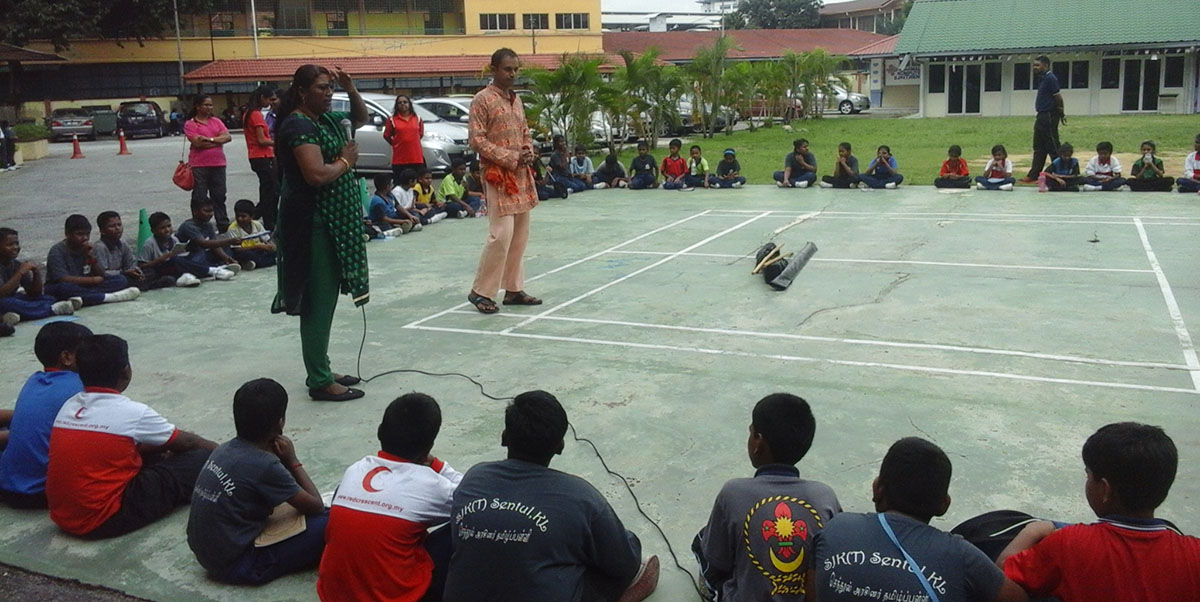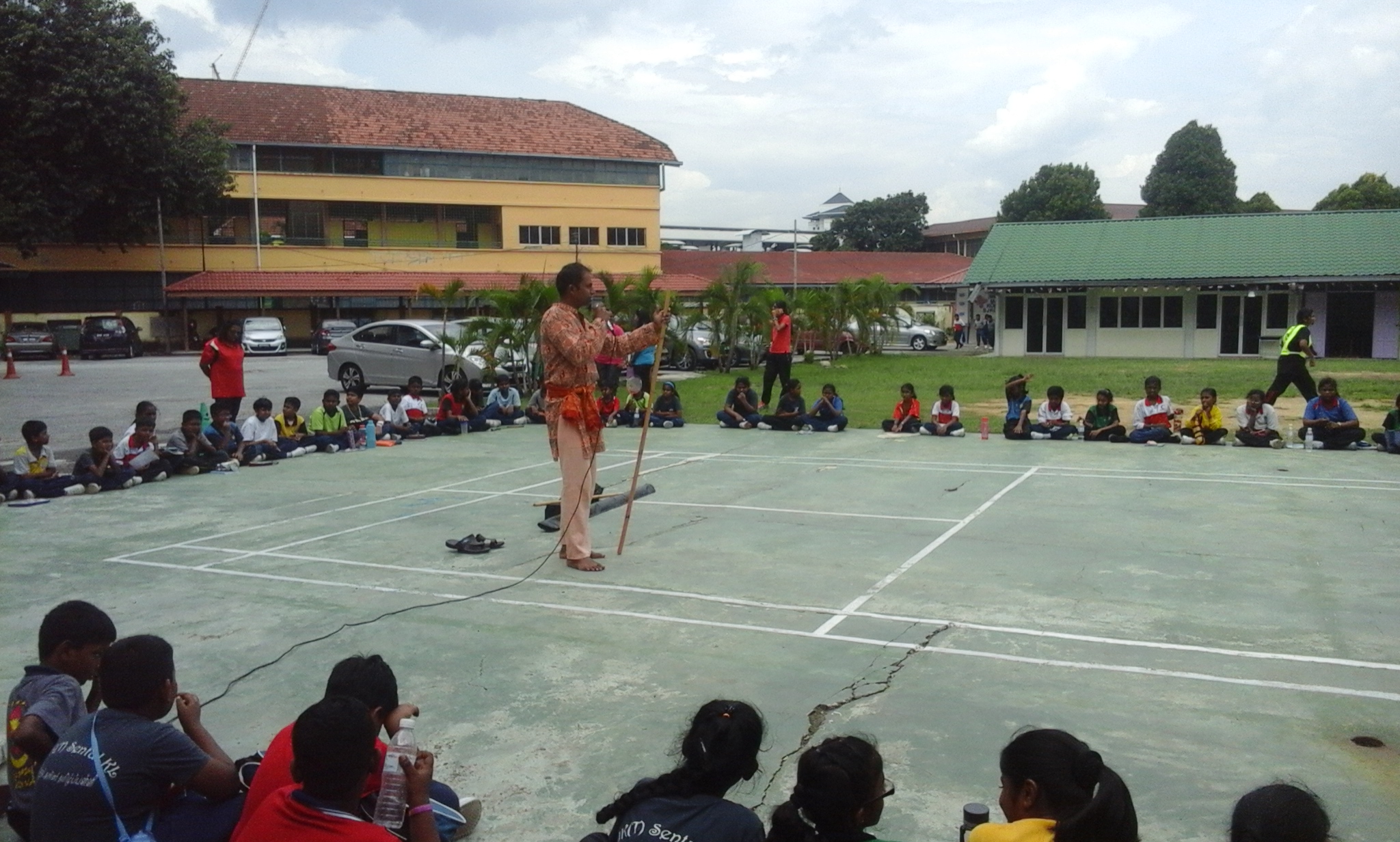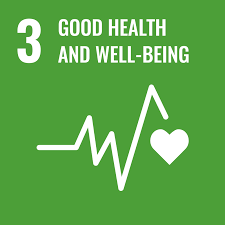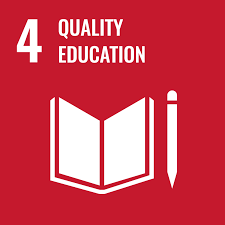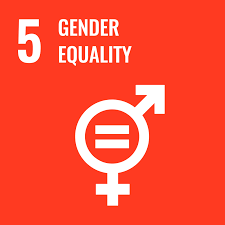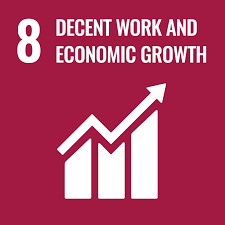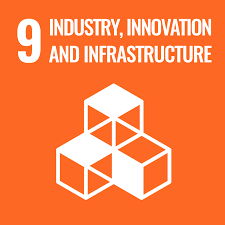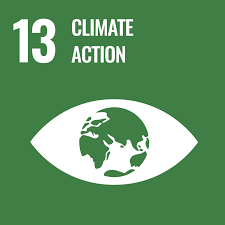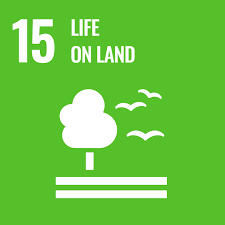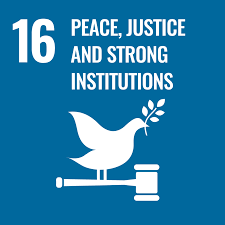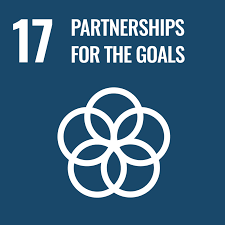Silambam Past Events of the International Projects, Meetings, and Events Participation
The World Silambam Association (WSA) has been instrumental in promoting Silambam on the global stage through various international projects, meetings, and events aimed at expanding its reach, standardizing training methodologies, and fostering collaborations with international sports and cultural organizations. These initiatives play a key role in elevating Silambam from a traditional martial art to a recognized competitive sport with worldwide participation.
Over the years, the World Silambam Association has organized and participated in numerous international tournaments, cultural exchanges, and diplomatic meetings to gain recognition for Silambam as an official sport. These events have included World Silambam Tournaments, continental tournaments, and invitational matches held across Asia, Europe, and other regions. By establishing a structured competition format, these events help unify different styles of Silambam while providing a platform for athletes to showcase their skills at an international level.
In addition to sporting events, the association has actively engaged in global martial arts conferences, UNESCO cultural heritage discussions, and Olympic committee meetings to advocate for Silambam’s inclusion in mainstream sporting events. These meetings have led to significant advancements in standardizing coaching certifications, judging criteria, and athlete rankings, ensuring a consistent framework for Silambam worldwide.
Furthermore, the World Silambam Association has launched various international development programs and training workshops in collaboration with educational institutions and sports federations. These initiatives focus on introducing Silambam into school curriculums, conducting leadership training for instructors, and expanding participation in regions where the sport is still emerging.
By consistently engaging in international projects, meetings, and events, the World Silambam Association continues to strengthen Silambam’s global presence, fostering a future where it is recognized as both a cultural treasure and a dynamic competitive sport.
